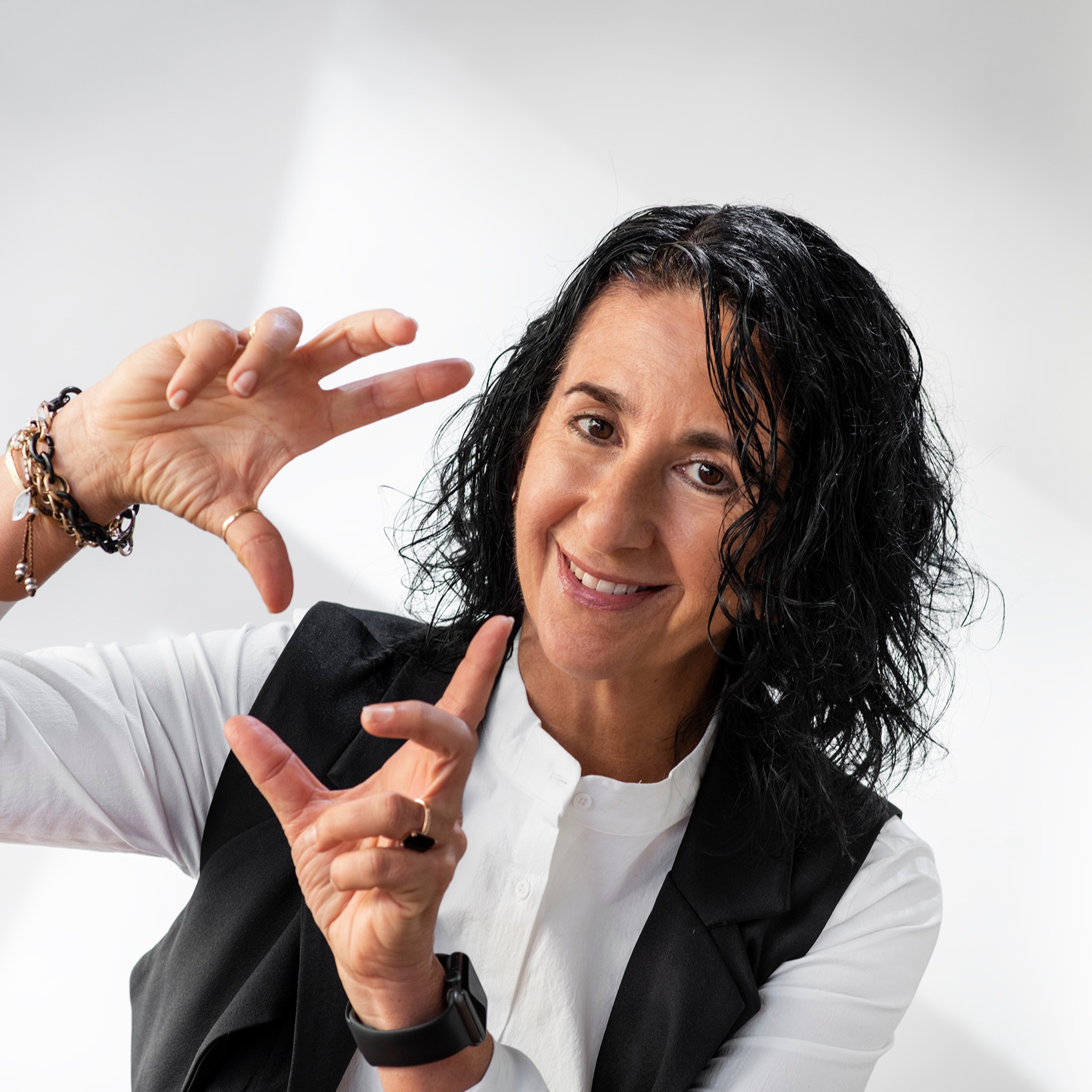Ethics and Exponentials in the 21st Century
Some time ago, I wrote an article titled The Rise of the Chief Ethics Officer. The topic, Ethics, has taken on a new urgency as we live through rapid technological change, a realisation that our governance systems are incredibly outdated, and as we examine global issues such as wellness, education and the future of cities.
The concept of a Chief Ethics Officer is not new. It existed particularly in the financial services and the health care industries prior to 1991. In truth the role was ineffective.
It appears the Chief Ethics Officer by definition was, and is, an organisation's answer to compliance, an adjudicator of conflicts and complaints, and the go-to for corporate governance issues.
As we lean into 2021 and race towards an increasing dependency on technology and push farther into space, there are questions concerning the laws around Artificial Intelligence and Robotics, Med-Tech and Bio-Tech: are they effective and are they definitive?
In the last few years we have experienced:
- Advances in Quantum computing and CRISPR technology
- 3D printed human hearts with human tissue
- Cloning, in China, of a gene-edited macaque to aid research of circadian rhythm disorders
- The first human Cyborg, Neil Harbisson
- The increasing popularity of the trans-humanist movement (replacing our parts with robotics)
- Sophia the robot (granted Saudi Arabian citizenship) emceeing conferences
- The possibilities of mining on other planets and mining asteroids in space (have we really considered the long-term results?)
- The mind control of wheelchairs and robotic arms, drones and droids
- COVID 19
- Governing turmoil in the USA and other locations around the globe
All these advances are stirring reactions, often to extremes, of fear and elation. Would a Chief Ethics Officer serve as a potential security guard, a defender of everything?
Yet if we are operating from the core values of truth, trust, transparency and integrity, compassion, kindness and love, why do we need Chief Ethics Officers at all? What happened to Hippocrates’, First Do No Harm?
In-house ethical boards have been mainstays in medical and research centres including universities for many years. Recently we have been concerned with the ethics of media reporting and organisational culture. The question remains. Why is there the need? Are we motivated by unethical behaviours? In our race towards the future, will we arrive without our human-ness?
In deciding what is right or wrong, deciding what is ethical and what is not, we judge based on our own truths. Each truth we hold is unique to us. Our truths are layered by our own perceptions. They are the results of our life experiences.2021 requires conversations, consultation, education and debate, about many issues. What will you do to ensure that in the first instance these conversations happen, and in second, that they are actioned? As someone famous once said, Ideation without Execution is Hallucination!



